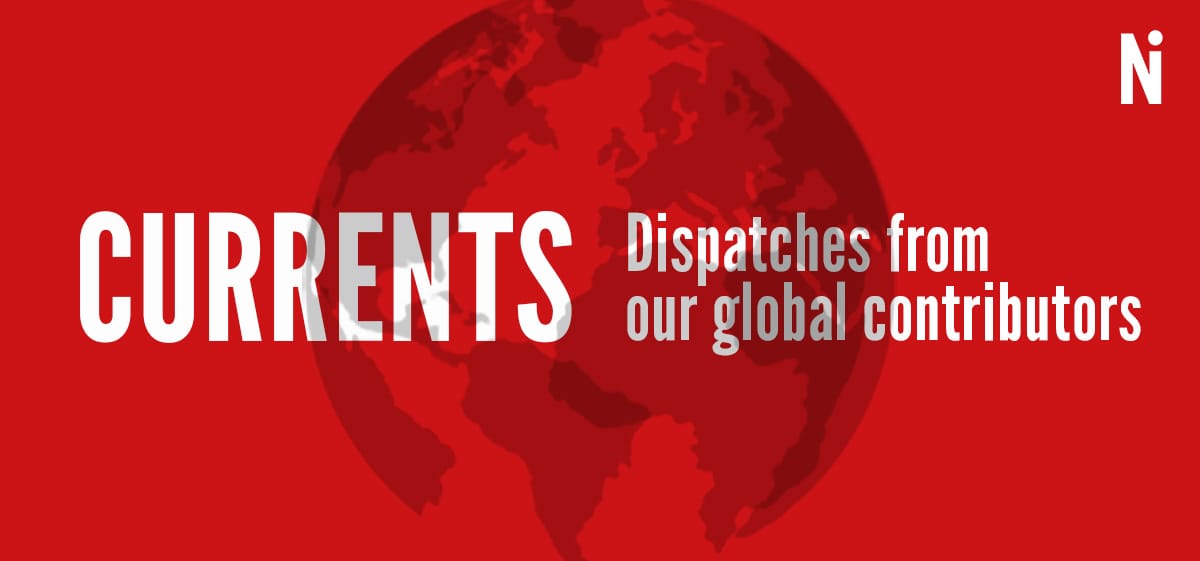On Syria

In the years since Syria’s civil war began in 2011, the country has been slowly drifting away from the mainstream media spotlight. But in the early hours of Sunday morning, Turkish-backed opposition forces declared Syria liberated from the 24-year rule of President Bashar al-Assad as they surged into the capital, Damascus.
The dictator, who has ruled Syria with an iron fist since the death of his father, former president Hafez al-Assad, in 2000, has since fled to Moscow with his family.
Over the past few days, social media has erupted with this news. Pictures and videos of desperate families searching for their loved ones at the notorious Sadnaya prison, highways jammed for miles with cars returning to Damascus, and the tired but jubilant faces of Syrians proudly waving their flag. Global pundits from all sides of the political spectrum are eagerly weighing in.
But the international implications of this historic moment will continue to unfold for weeks, months and years to come. Israel is moving quickly to expand its illegal occupation of the Golan Heights, pushing further and further into Syrian territory with the help of US weaponry. Europe, meanwhile, is freezing asylum applications for Syrians, many of whom will return to their country amid mounting humanitarian challenges.
There are questions around Syria’s future as well. Some have voiced concerns of another civil war à la Libya breaking out, and others are rightfully asking what this means for religious and ethnic minorities in Syria, or the Kurds’ dream of self-governance? How will Hayat Tahrir al Sham (HTS) rule work alongside the Syrian Democratic Forces (SDF) who control territory in the northeast? An offshoot of al-Qaida, HTS has ruled in Idlib with an intolerance for minorities and restricted women’s freedoms. Will leader Abu Muhammad al-Jolani’s claims of towing a more moderate line live out once the cameras have moved on?
With Assad out of the picture, Daniel Adamson, guest editor of our 2015 issue on Syria is hopeful, writing on X: ‘suddenly, these people have half a chance to build the Syria they deserve, and it’s urgent that the world backs them’.
Still, the future of Syria and its people is perhaps more uncertain now than ever.
We are closely watching this rapidly unfolding story, and we are committed to bringing you the facts and the progressive, underreported analysis you won’t find elsewhere. We will be covering this story from our uniquely internationalist lens in our magazine, on our website, in this newsletter and in our new podcast over the coming weeks and months. Meanwhile, below you’ll find further reading from our historical coverage of Syria and more up to date pieces from elsewhere to help you better understand this major international turning point.
— New Internationalist editors (newint.org)
💡For background and context, read: Syria's Good Guys (New Internationalist, September 2015)
🔥 For a more radical, under-reported take, read: The Kurds: Betrayed again (New Internationalist, July-August 2020). Subscribers to this newsletter get exclusive access to both these full issues from our digital archive.
📰 For a current take, read: The end of an era by Turkish reporter Fehim Taştekin about the geopolitical fractures in Syria.
🤔 Consider the possibility of answering ISIS with restorative justice by NI Contributor Matt Broomfield, who has also written about the future for the Kurds for Jacobin magazine
👉 Follow: Syrian journalist Zaina Erhaim, whom we interviewed in 2018 and who wrote this moving op-ed for the New York Times
✅ Sign up: To Hauntologies, a Substack of observations on the Masriq from Lebanese writer and ‘part-time anarchist’ Elia Ayoub
💡
Last minute gift idea? Save 20% on a New Internationalist gift subscription
Are you a freelancer? Pitch us a story.
Looking for more? Listen to our podcast The World Unspun
Subscribe to New Internationalist magazine and get Currents absolutely free!

